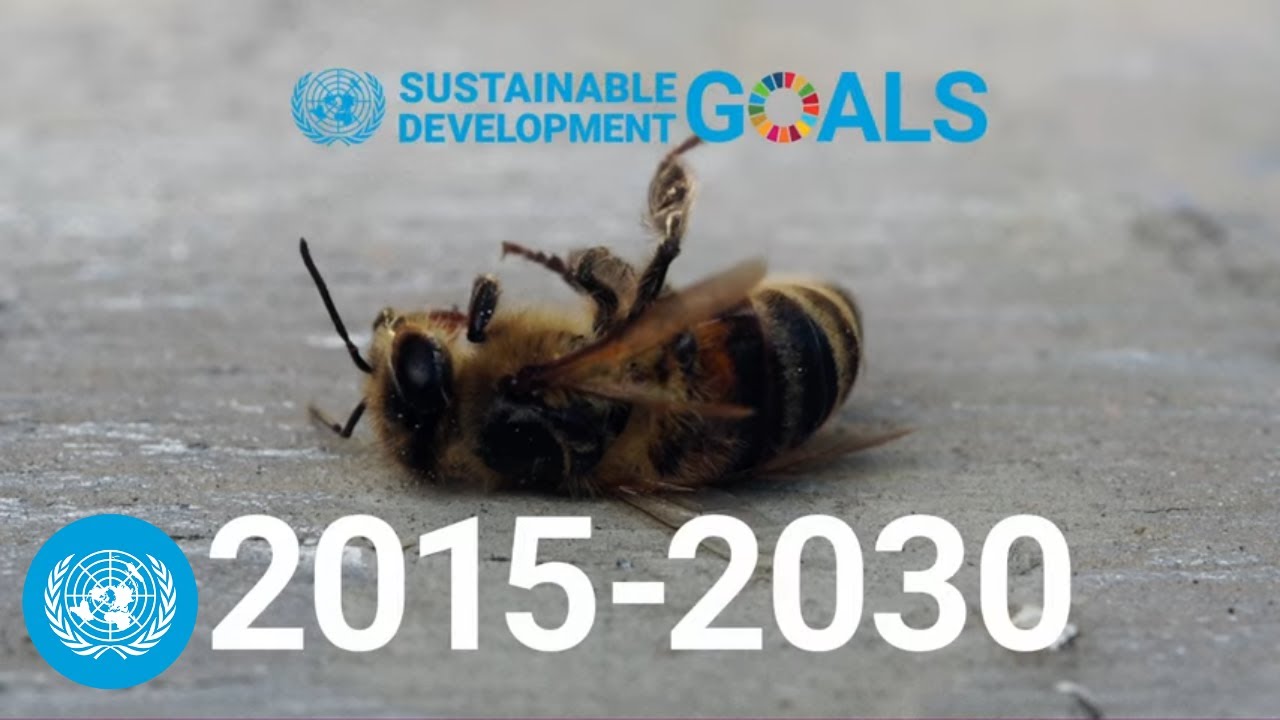Progress toward achieving the Sustainable Development Goals (SDGs) has been slow for several reasons:
Complexity and Interconnectedness: The SDGs encompass a wide range of interconnected issues, from poverty and hunger to climate change and gender equality. Addressing these issues requires coordinated efforts across multiple sectors and stakeholders, which can be challenging to implement effectively.
Inequality and Marginalization: In many cases, marginalized communities, including women, indigenous peoples, and those living in poverty, face significant barriers to accessing resources and opportunities necessary for development. Addressing inequality and ensuring inclusivity is essential for making progress towards the SDGs.
Lack of Political Will and Commitment: Achieving the SDGs requires strong political will and commitment from governments, international organizations, and other stakeholders. However, competing priorities, short-term political considerations, and lack of leadership can hinder progress.
Resource Constraints: Implementing the SDGs requires significant financial resources, technological innovations, and human capital. However, many developing countries face resource constraints and may require external support to finance and implement sustainable development initiatives.
Conflict and Instability: Conflict, instability, and humanitarian crises can disrupt development efforts and exacerbate poverty, hunger, and inequality. In regions affected by conflict, achieving the SDGs becomes even more challenging due to displacement, destruction of infrastructure, and loss of livelihoods.
Climate Change and Environmental Degradation: Climate change and environmental degradation pose significant challenges to sustainable development. Rising temperatures, extreme weather events, loss of biodiversity, and depletion of natural resources threaten progress towards several SDGs, including those related to poverty reduction, food security, and access to clean water and sanitation.
Global Pandemic (e.g., COVID-19): The COVID-19 pandemic has further exacerbated existing challenges and setbacks in achieving the SDGs. It has disrupted economies, strained healthcare systems, disrupted education, and exacerbated poverty and inequality, particularly in vulnerable communities.
Addressing these challenges requires a concerted effort from governments, civil society, the private sector, and international organizations. Collaboration, innovation, and a renewed commitment to sustainable development are essential for accelerating progress towards achieving the SDGs by 2030.
